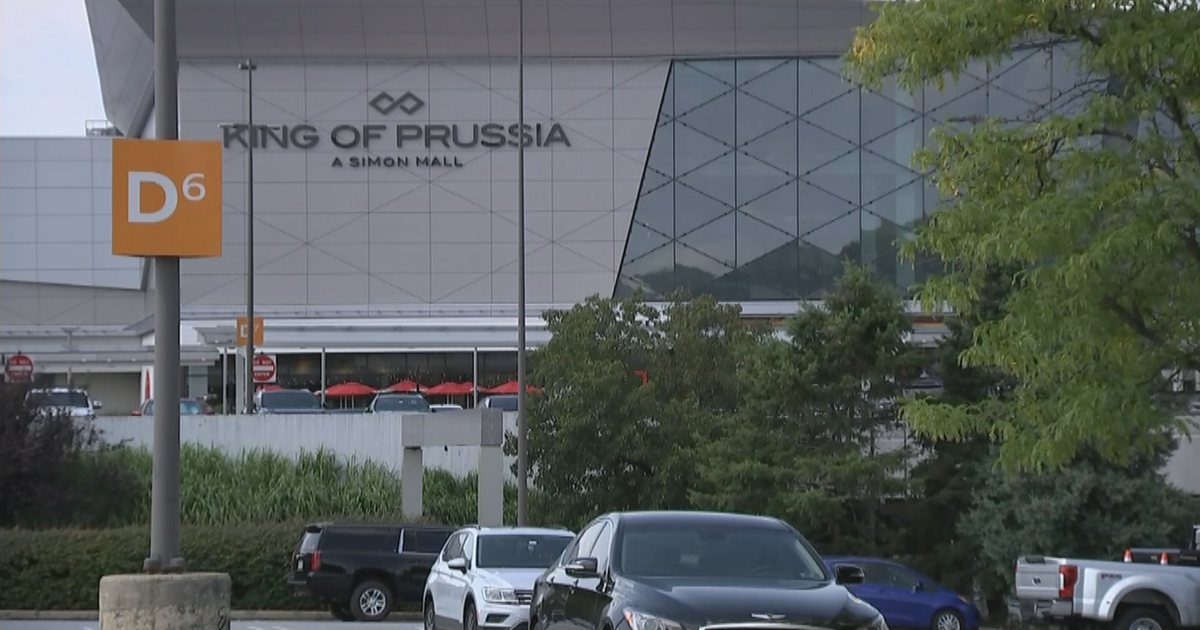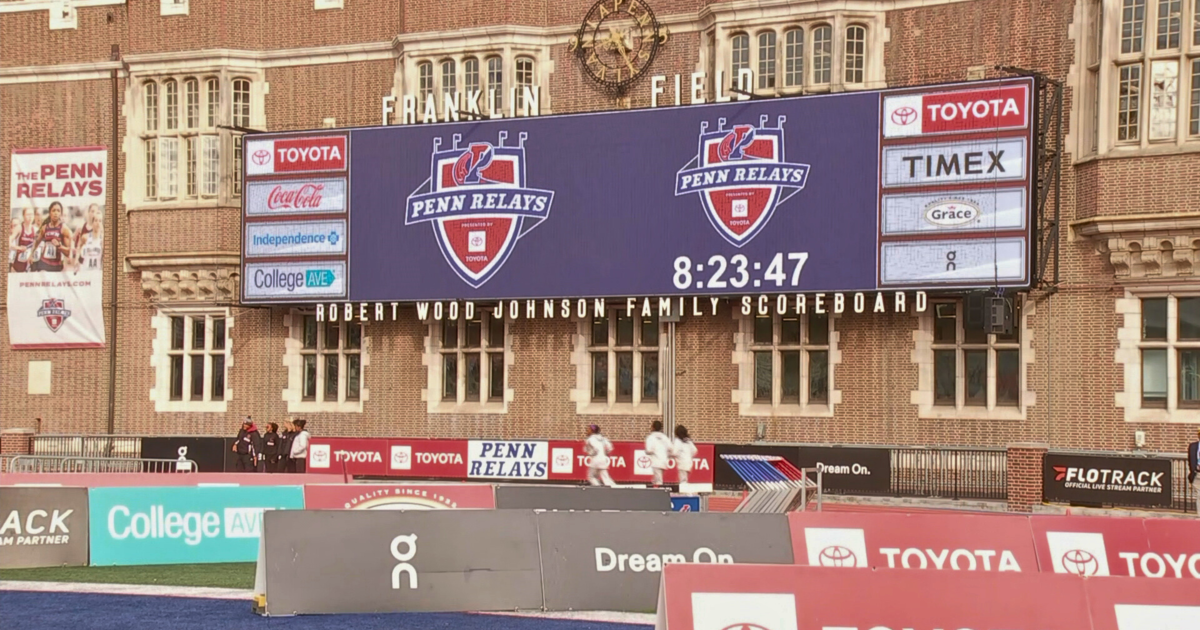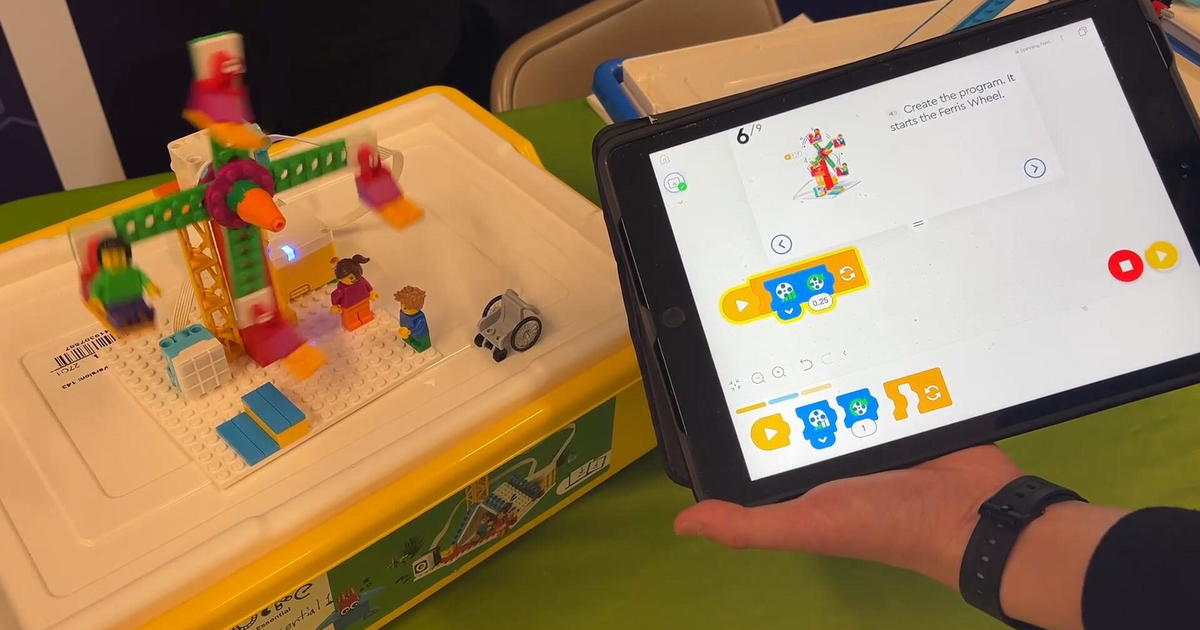Goose Droppings Fuel Fish-Choking Algae In Local Ponds
By Molly Daly
PHILADELPHIA (CBS) - Upper Merion Township cancelled this year's annual Trout Rodeo fishing event for kids because the pond at the township park was too polluted by goose droppings and algae. A West Chester University expert in freshwater ecology says the way most ponds are maintained proves irresistible to Canada Geese.
Biology professor Dr. Win Fairchild says mowing grass right down the pond's edge is like putting out a welcome mat for Canada geese.
"The geese can see the water, and they say, 'Ah, this is great! Here's my dining room right by the bedroom. There's no fox hiding in the weeds that's going to get me. I have a clear view of everything around me and I'm safe.'"
So, they rip up and eat the grass, pooping there and in the water, fueling the growth of algae, sucking the oxygen out of the water and killing the fish.
But, Fairchild says there's an easy fix that lets you enjoy your pond without the honkers horning in.
"Just a five-foot buffer of grass that grew up -- was not mowed -- and maybe had just the occasional tree and a couple of shrubs that would probably be enough to protect the pond from most of the goose damage."
That will also make your pond healthier and more attractive to wildlife.
"That same natural buffer is going to contain habitat for amphibians, and aquatic insects -- which we refer to as biodiversity. And fish depend in part on that biodiversity for food," says Fairchild.
"It's just a good way to manage a pond, to have that natural strip around most of it. You don't want to absolutely close it off from human traffic. You want people to be able to get in and fish, and do this and that. But you can have those access points and still have a lot of protection."
And the geese can go find somewhere else to poop.



